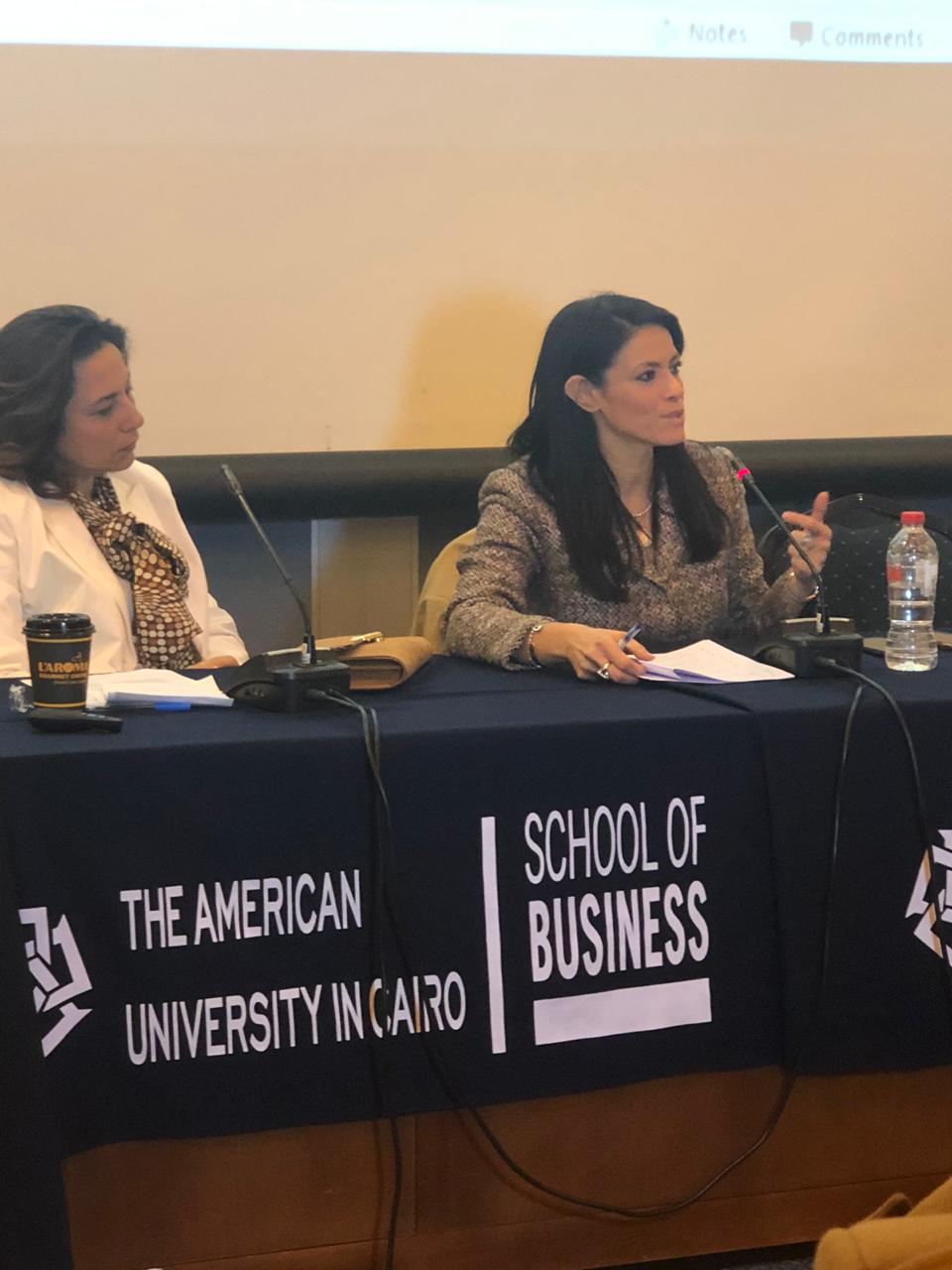Street peddlers: Egypt’s Unrecognized entrepreneurs
by: Mahmoud fathi
Peddlers, who operate the street vendors, are still considered illegal, even though a 2012 study reported that they contribute to around 80 percent of Egypt’s Gross Domestic Product (GDP),.
“Part of the entrepreneurship ecosystem is the legal part and the laws which allow the entrepreneur to succeed in [beginning] his business smoothly,” said Walid Khalil, chief executive officer of Entrepreneurs’ Society, a student-run organization.
In recent years, Egypt has seen laws enacted in effort to restrict the mobility of the street peddling society.
Under former President Mohamed Morsi, a law was passed on Nov. 20 to increase punitive procedures against street vendors.
Law number 105 for 2012 says any violations seen from street retailers would be met with an EGP 5000 fine and up to three months in prison.
Mennattallah Badreldin, economics senior and author of “The Informal Sector in Egypt,” a study that shows street vendors’ contribution to Egypt’s GDP, said, “Vendors of all sorts would [want] to have the government formalize this informal sector, to avoid [police] raids on them.”
She added that the government is unwilling to provide them with the necessary licenses and permits “because they are uneducated.”
“There is a problem and this is the legal problem, but I think that they are entrepreneurs, [set to succeed], especially if the government provided [a] system that could accommodate these people,” said Khalil.
Despite the hardship seen in dealing with the law, Yasser Rabie, a peddler with seven years’ experience selling on the street, has taken back to the street once again to manage his business.
Rabie told the Caravan he believes the marketing process of his goods is ignored, which makes the peddlers’ presence underrated in the market.
In anticipation of Eid Al-Adha (Feast of the Sacrifice), Rabie started replacing the popular Egyptian flag with a pet-sized stuffed sheep.
“The sheep has proven its popularity in the market, and that’s why we continue selling it even after the Eid holiday,” said Rabie.
He said that street vendors were quick to notice buyers’ responses to the product and that ever since, they have gone out to suppliers searching for it.
As the demand increased, sellers saw this as an opportunity to hike up the toy’s price while still expecting success in vending.
While prices have varied, Rabie thinks selling sheep at EGP 20 makes his prices “very reasonable,” compared to other vendors.
“I am not the only one who sells these. There are hundreds of other sellers who go for the same products as soon as they hear it’s doing well, but in the end you know success is based on pure fate,” said Rabie.
The street vendor said that deciding on prices is contingent on the people and the areas being sold at.
Meanwhile, peddlers who are unable to produce the same merchandise start resorting to alternative toys that share similar styles and themes, or attempt to set a new trend for others to follow themselves.
Rabie said his selling point is to always find something people can relate to; something that is rather relevant to the contemporary cultural happenings in Egypt.
This, he explained, would also have to be something that is not too expensive, which passerby and drivers can afford paying for quickly without disrupting traffic.


